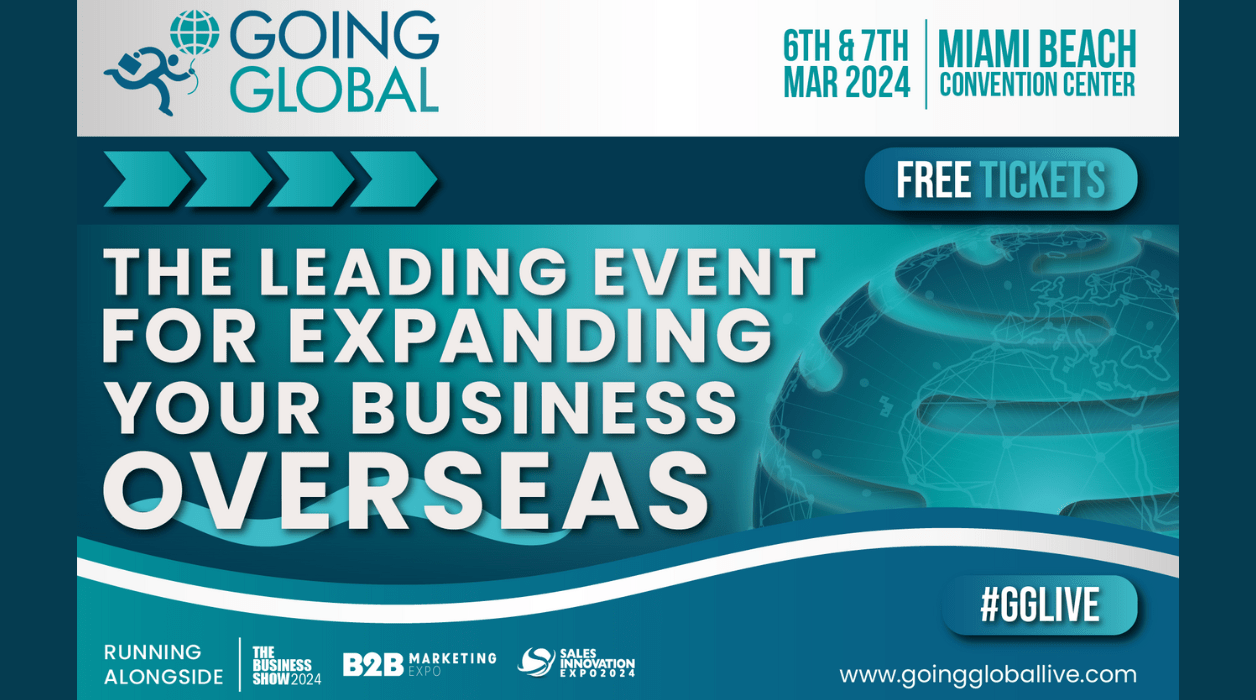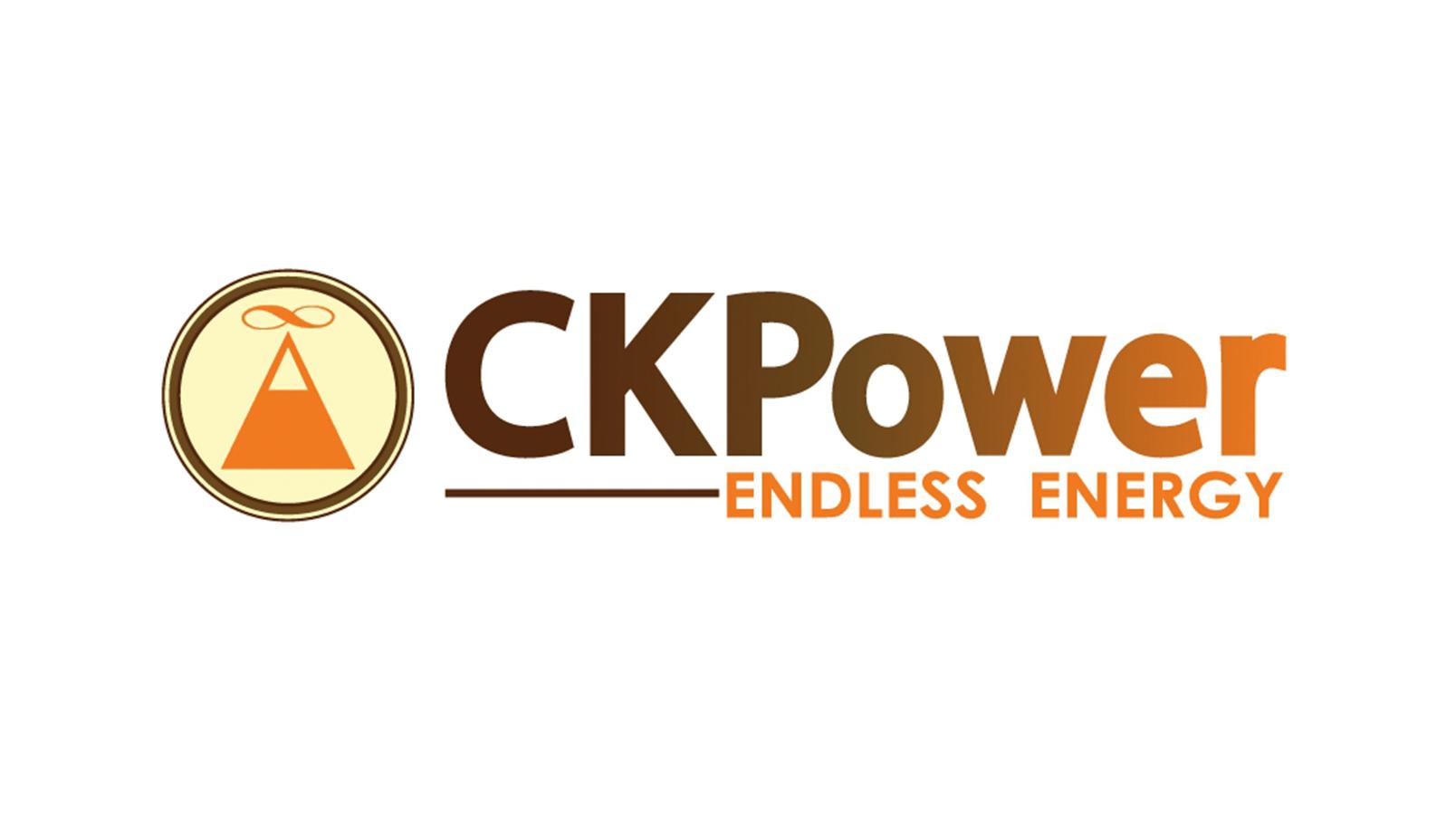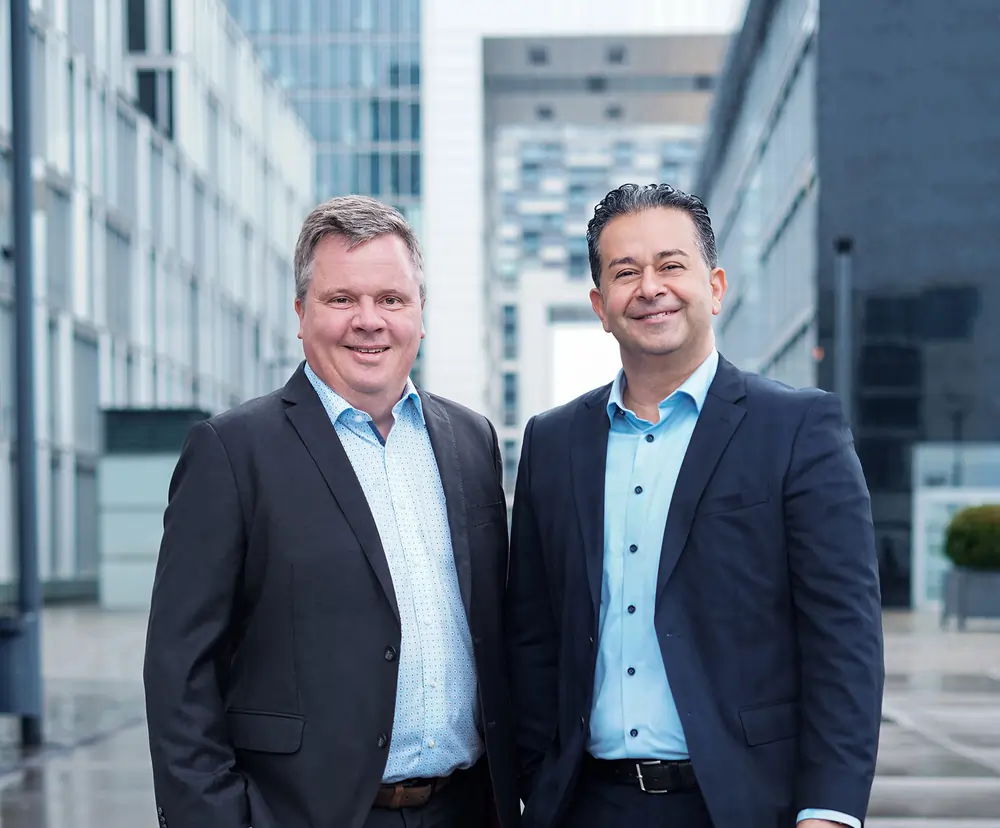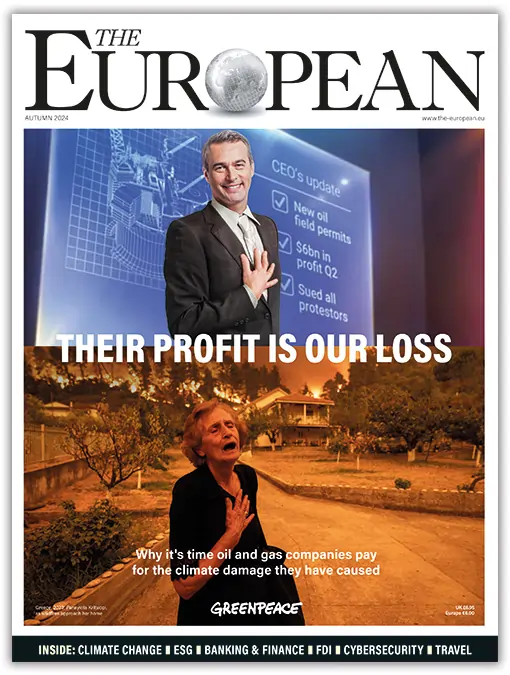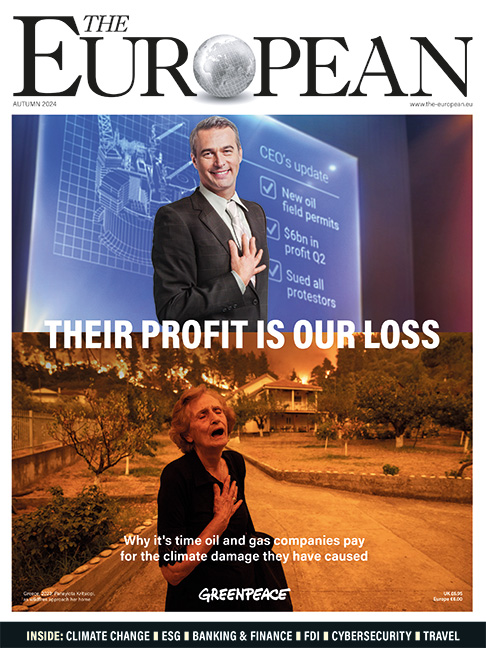In order to really learn, business leaders need to accept that all too often they don’t have the answer, says change practitioner Steve Hearsum
What do you do if you do not know the answer to something? Let’s say your partner, or maybe your child, stumps you with a tricky question. Is your response to admit you don’t know how to make that fancy sauce for dinner, or that your mind has been blown by a homework question on nitrates? Or do you prevaricate, obfuscate, and generally try and defend against the embarrassment that you are not the font of all knowledge?
In her book Being Wrong Kathryn Schulz comments that “a whole lot of us go through life assuming that we are basically right, basically all the time, about basically everything … As absurd as it sounds when we stop to think about it, our steady state seems to be one of unconsciously assuming that we are very close to omniscient.” The question is: what happens the moment we discover we are not all-knowing?
Everyday narcissism
A little bit of narcissism is not a bad thing, and we need it to function, for example, in being able to offer and receive admiration. The problem is that leaders operate in contexts where the need to defend against feelings of anxiety and the shame of not being good enough can be ramped up by both their internal narrative, and what is being projected onto them by peers, the wider organisation and stakeholders. This can manifest in the construction of grandiose self-images or “ego ideals” with which they identify.
These then need to be maintained, because failing to do so may well reveal just how insecure and lacking in confidence they really are. When leaders are faced with complex challenges e.g. ethics violations, culture issues, external events such as covid, technologically driven change (AI, digitalisation etc.) and when the “solution” or strategy they have been instrumental in choosing does not work, there can be another cycle of denial rooted in the need to defend their decision-making and reputation.
Welcome to the human race
There is vulnerability that drives behaviours here, and it boils down to profoundly human stuff that is as real in school playgrounds as it is in the boardroom. When Allan Katcher, an American psychologist, asked senior executives what they would “least want their subordinates to know about them, in nineteen out of twenty cases” they “feared that their subordinates would learn how inadequate they felt in their jobs”.
Is it therefore any surprise that leaders feel the need to reinforce their self-image by behaving in ways associated with the ideals or demanding that others see them the way they wish to be seen? For example, clever, knowing, powerful, competent, certain, assertive, and so on.

The pretence of certainty and control
Not knowing is the antithesis of certainty, and during my research many things were found to drive the need for it. These include the expectations we place on leaders (and those they place on themselves), the need to please others, stress, cognitive overload and more. Central to this is anxiety that arises from not knowing: not knowing what to do, whether anything can in fact be done, what will happen if you do not “fix the problem”, of not knowing what will happen if the story you have constructed about yourself (or the organisation or team you lead) is found to be not true in some way.
A thriving market for organisational Silver Bullets (i.e. quick fixes, fads or over-simplified solutions for complex problems) is sustained in no small part by the anxiety of not knowing. They are peddled with certainty by consultants with fancy slide decks, leadership programmes offered by business schools promising to make you a “great” leader, gurus and thought leaders, pedlars of methodologies and more. The problem is these are the organisational equivalent of fast-food: they fill you up but ultimately leave you unsatiated and eventually damage your health, if that is all you rely on. In the same way a burger purports to be nutritional, the Silver Bullet solution fails to deliver on its promise of assuaging the angst of the leader who does not know what to do.
Prepared to fail and learn?
Getting more comfortable with not knowing is a key leadership competency, but it is at odds with the dominant narratives that surround leadership. Much of what is termed “thought leadership” on how executives should lead focuses on external factors and talks superficially about things like confidence. There is little if anything to support leaders to think more deeply about how things really are, how they really feel, what it really means if there is no obvious solution to a problem. The shame and anxiety that can lurk is off limits and not to be discussed. When it comes to wrestling with not knowing, the ask of leaders starts, possibly, with four things:
- Develop reflexivity – the ability to notice your own beliefs, judgments and practices and what influences these (e.g. psychological, social and systemic factors)
- Cultivate a both/and mindset – when all around are asking for either/or, yes/no, or stop/start binary responses, getting comfy with not knowing requires the ability to see and hold nuanced positions.
- Ask questions – especially when you are amid the unknown. That is place for sensing and responding, not heroic leadership.
- Experiment – and be prepared to fail and learn. If you do not know what is going on or what to do, to expect to be right as a default is an absurdity.
Be kind to yourself
The key is that leaders need to exercise more self-compassion coupled with courageous humility: they will never know everything, and to pretend otherwise is to heap even more pressure on oneself, makes it harder for others to help and, ultimately, denies reality.
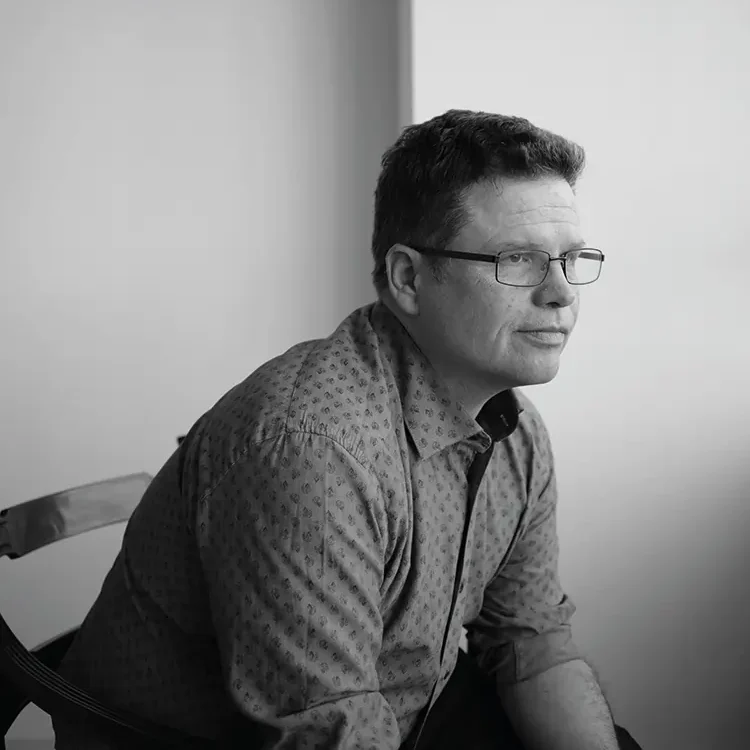
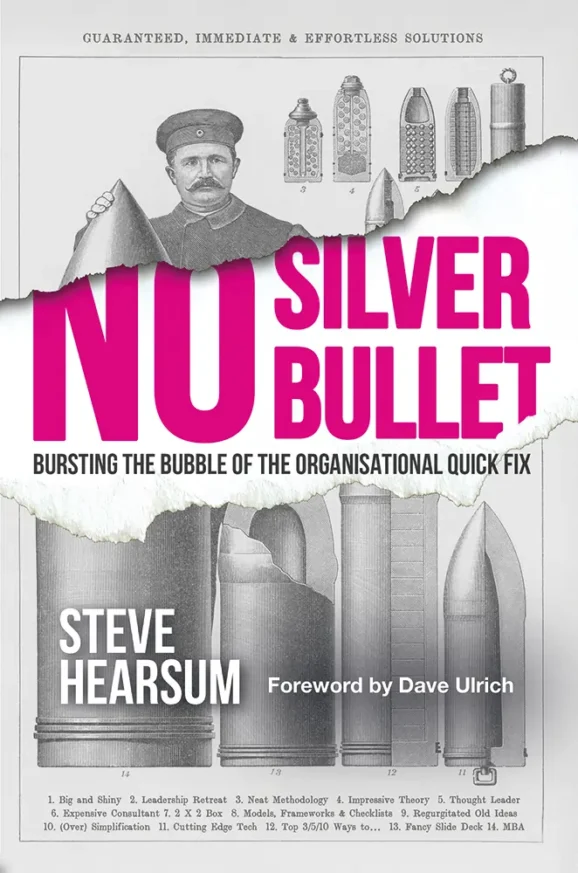
About the author
Steve Hearsum is an experienced consultant, supervisor and developer of change practitioners. The founder of Edge + Stretch he is the author of ‘No Silver Bullet: Bursting the bubble of the organisational quick fix’.














